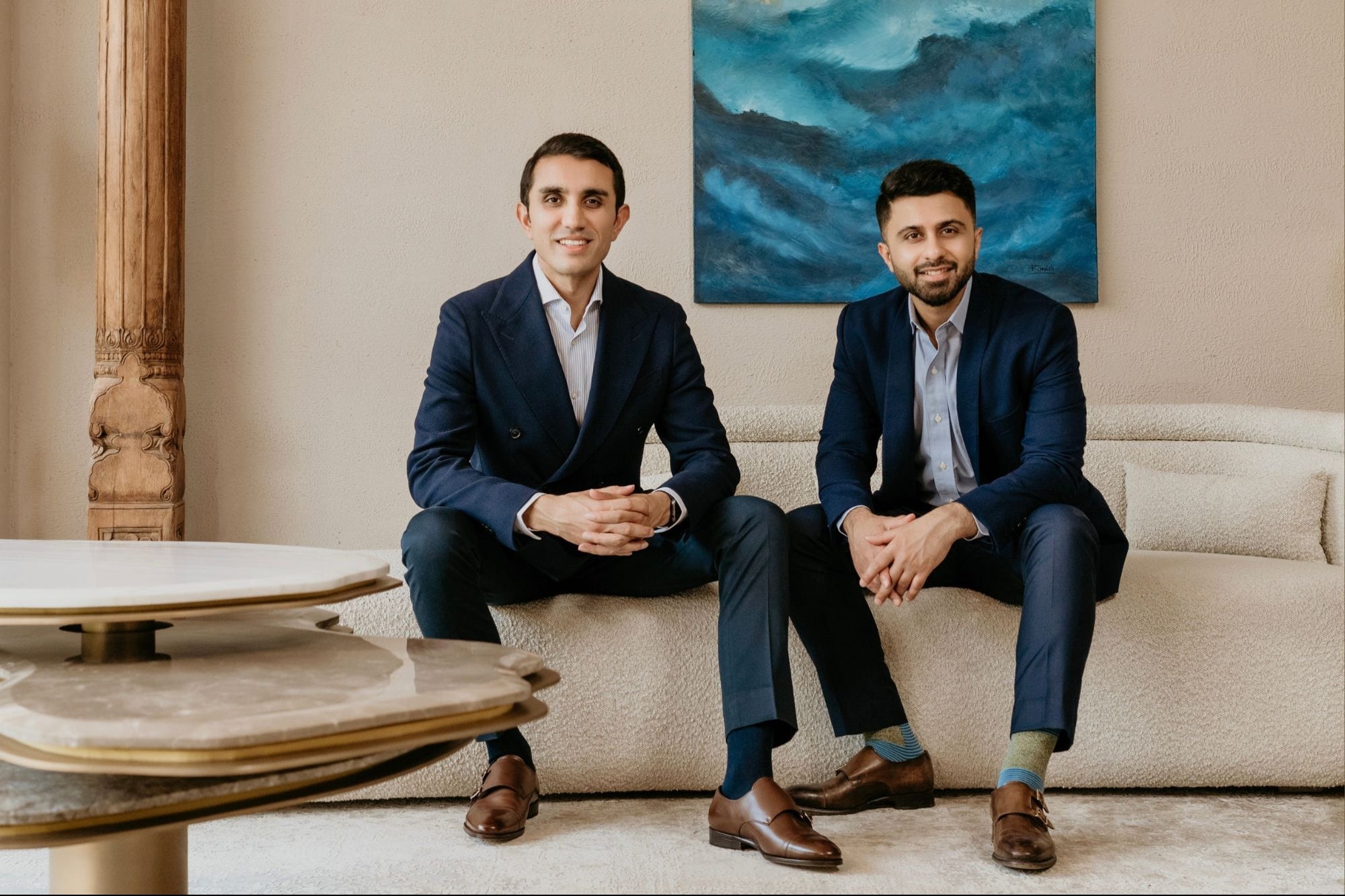'Mutual funds have seen a phenomenal increase' People are getting more and more comfortable with market linked returns, and are moving away from contextual savings and the trend is likely to continue, says R. S. Srinivas Jain, Executive Director & Head of Strategy, SBI Mutual fund in an exclusive interview with Entrepreneur India. Edited Excerpts
You're reading Entrepreneur India, an international franchise of Entrepreneur Media.

What kind of growth have mutual fund investments have seen? What are the key trends?
There has been a phenomenal increase, and it is due to a couple of parameters like Covid and also moving of financialisation of assets as part of Covid and overall literacy levels going up. In the mutual fund industry, we ran a campaign 'Mutual fund sahi hain'. That has been a big attributor to visibility and understanding of the product. Another trend we are seeing is that people are getting more and more comfortable with market linked returns. They are moving away from contextual savings. And that trend will continue because of the potential to generate better returns than contextual savings. There is also digital penetration. There is easy access to products. Over 90% of mutual fund sales in India is digital. The bigger thing is fintech distribution, through advisory service and the whole revolution that has come in wealth management capability has been really helpful. Regulatory push has driven growth. Moreover, penetration is growing at an accelerated pace, but when you consider the potential the industry has and other traditional products, we are still miniscule.
If you are a lay investor with a marginal exposure to risk, then large cap oriented index based funds are best to get in
What measures are you taking to increase the growth?
Fintech entities are trying to educate people. Organically, we are also running campaigns to get more distributors in the industry. Primarily, the industry is a B2B2C kind of business, but regulation has pushed us to go more towards B2C, as they are more competitive and cheaper.
Which category is seeing bigger traction within the mutual fund segment?
Individual assets are still largely oriented towards equity, but institutions are mostly debt-oriented, largely on a shorter duration. The long duration funds have started coming now with ETFs and government bonds. But largely its equity and small cap funds are in a frenzy because they have done very well. Historically, it is the large and midcap category that have seen traction.
What kind of returns can they expect from mutual funds?
If you are able to generate between 200 to 300 basis points over and above the risk-free return, then the risk that you have taken is worth it. If returns are between 7 and 8%, then 2-3% over and above that should be an ideal long term average. But there are good years when you can have 15-16% and then there are years you can have negative. On an average, equity for a very long time (20 years) should be between 10-12%.
What portfolio of mutual funds do you suggest?
It's specific to individual risk profiles and risk appetite. If you are a lay investor with a marginal exposure to risk, then large cap oriented index based funds are best to get in. Once you are a sophisticated investor and know what your risks are, you have a lot of corpus available, you can take exposure in thematic funds, small caps.
Are we as a country, leaving our love for fixed deposits and moving towards mutual funds?
The trend is on but it is not settled. It is volatile. Everytime there is a market crash event, there is a tendency to go back to traditional assets. But that's also because people have not seen the longer cycles. The good news is it is structurally moving. Institutional investors, EPFOs are all looking at equity. And over a period of time, there will be more flexibility.
Do you think that overall mutual fund adoption is better than equity?
Yes and No. There are more demat accounts than mutual funds, but in terms of sticky assets or repeat assets, it's more of mutual funds. We have more than one crore customers investing in mutual funds every month.
In times to come, do you see businesses likely to be bigger investors in mutual funds?
We have bucketed all our products from one day to 10 years. Anybody can choose one or combination of products. Good thing that is happening on the fintech side is they are taking our products and custom building to individual requirements. They take a bouquet of 50 products, pick 5 based on your risk profile and sell it.












